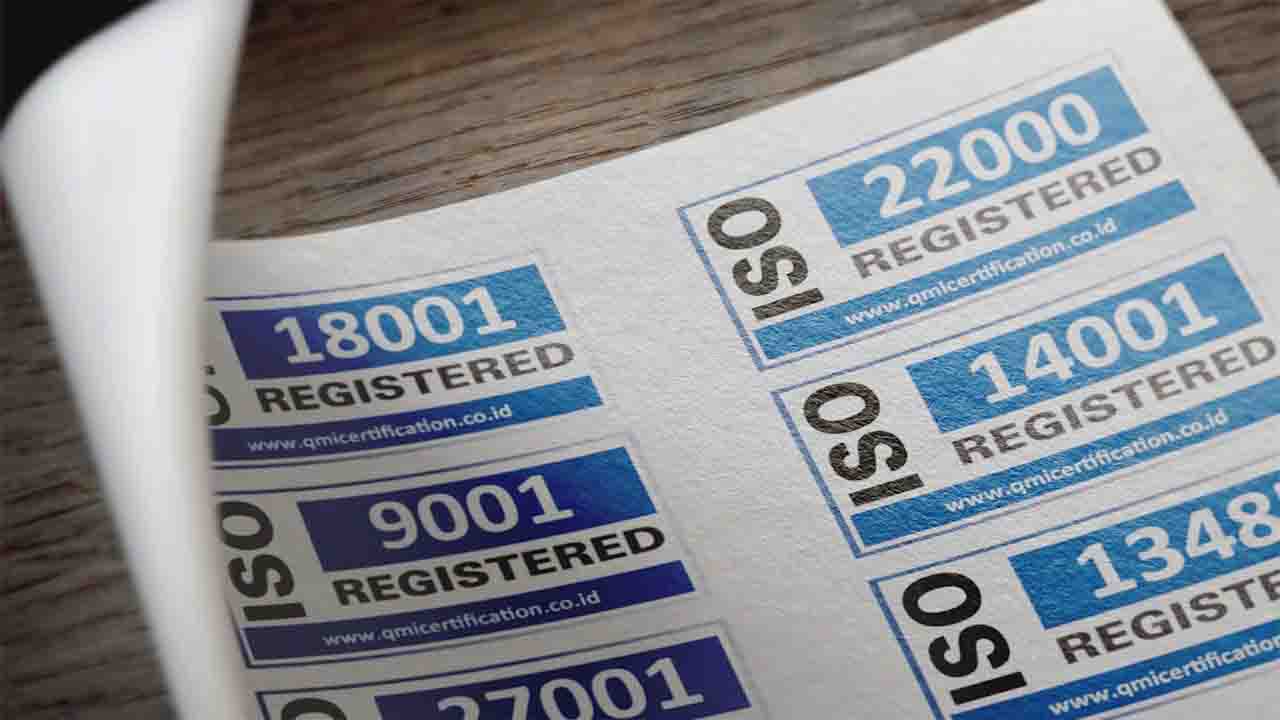Artificial intelligence (AI) is being used in education more and more to improve and supplement the learning process for students. AI has the ability to completely change how we approach education, from individualised instruction to automating administrative work.
Personalised learning is one of the most major ways AI is changing education. AI-driven systems are able to assess data on a student’s academic achievement and modify the curriculum and instructional materials to better meet the needs of the learner. This may entail altering the degree of difficulty of the assignments, offering personalised feedback, and suggesting further resources. Students who receive personalised instruction may find it easier to stay interested and motivated while still making progress at their own rate.
Automating administrative activities is another way AI is affecting education. Systems with artificial intelligence (AI) can be utilised to maintain student information, grade tasks, and offer feedback. This can free up time for teachers so they can work on more crucial activities like giving individualised education and mentoring.
Additionally, AI is being used to develop more interactive and interesting learning environments. In order to build immersive, interactive learning environments that enable students to explore and experiment in ways that would not be possible in a regular classroom setting, virtual and augmented reality, for instance, can be used. AI-powered chatbots can also give students access to information and resources around-the-clock, which is particularly helpful for online and distance learning.
Additionally, AI is being applied to enhance student assessment. AI-powered systems can assess student performance data and give teachers information about the growth of their students. This enables teachers to spot problem areas in their students’ learning and offer individualised guidance. AI-powered systems can also be used to design adaptive examinations that change according to the comprehension of the student, offering a more precise evaluation of their knowledge.
Furthermore, artificial intelligence is also being utilised to advance professional development and teacher preparation. AI-powered systems, for instance, can be used to analyse data on student performance and give professors feedback on their pedagogical approaches. This can assist instructors in developing their lesson plans and better serving the needs of their students.
However, while there are many positive traits of AI in education, there are multiple drawbacks and limitations, too. These have been listed below:
- Lack of personalization: AI-powered systems might not be able to completely comprehend or modify each individual student’s specific demands and learning preferences.
- Bias: If AI systems are educated on biased data, they may reinforce current biases, which could harm marginalised pupils.
- Artificial intelligence (AI) technologies could be used to replace human teachers, which could reduce the importance of educators in the classroom.
- Lack of creativity: AI systems might give accuracy and efficiency priority above originality and critical thought.
- Dependence on technology: Students who use it excessively may find it difficult to learn or solve problems.
- Privacy issues: There may be issues with how AI systems collect and handle student data.
- Cost: Implementing and maintaining AI systems can be costly and may not be feasible for all schools or districts.
Personalised learning and the automation of administrative work are just a few of the ways artificial intelligence (AI) has the potential to alter the way we approach education. In the classroom, AI is utilised in a variety of ways, including to improve student evaluation, make learning more dynamic and engaging, and support teachers in their professional development. However, it’s vital to consider the potential drawbacks, such as the creation of a universal learning strategy and worries about data security and privacy. The application of AI in education must be done carefully and strategically, prioritising the interests and welfare of both students and teachers, as with any new technology.
















